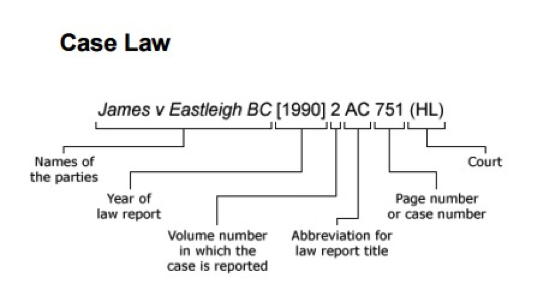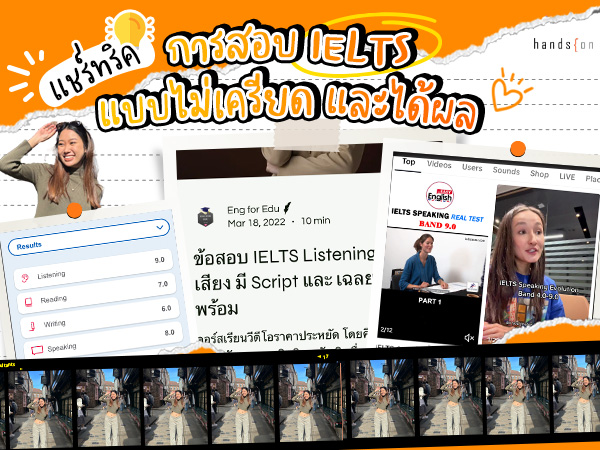Studying an LLM in the UK – 3 top tips!
1. Learn how to ‘cite’ with proper footnotes
2. Source good bibliography
3. Read for necessity: quality over quantity
Writing proper footnotes
Whether writing an essay, case comment or dissertation, you must always make reference to (‘cite’) every source of information you use. Most universities will require you to use the Oxford Standard for Citation of Legal Authorities (OSCOLA) when formatting your citations. OSCOLA is detailed in full at https://www.law.ox.ac.uk/sites/files/oxlaw/oscola_4th_edn_hart_2012quickreferenceguide.pdf
Examples:
Citing a book: M Lunney and K Oliphant, Tort Law: Text and Materials (4th edn, OUP 2010) 37.
Citing a case: Mullin v Richards [1998] 1 WLR 1304 (CA).

Citing a journal: J Young, ‘The Constitutional Limits of Judicial Activism: Judicial Conduct of International Relations and Child Abduction’ (2003) 66 MLR 823.
Citing legislation: Children and Adoption Act 2006, s 9.
Not having proper footnotes would result in you having low scores for your essays and at the very extreme, you might fail the essay if majority of your citations were not noted. The reason for having proper footnotes is that copying someone else’s work without giving them due credit is a serious academic offence at university.
Source good bibliography
Law lecturers in the UK want a balanced view in your essay to show that you have considered both sides of the argument. If you want to impress your lecturer, show him/her something they have never seen before! That’s one way to get that distinction. Your university will automatically give you free access to these sites:
- Westlaw
- LexisNexis
- JSTOR
- EBSCO
Read for necessity – skim, narrow down and analyse
As a law student, you will have a lot of reading to do. There will be case law, journals and articles that will be presented to you as a weekly ‘reading list’. The biggest mistake you could make is to read every word of every journal/book on that list! The reality is that you won’t have the time and it is nearly impossible to complete the entire reading list.
A top tip would be for you to find the most important books on that list and to narrow down the most important paragraphs that answer the question. And only occasionally will you need to read beyond that. Once you have narrowed down the most important pieces of information, take time and carefully analyse the facts and opinions of that paragraph and form your own analysis/conclusion.
So: skim read, narrow down, and analyse
Good luck and most importantly, enjoy your year in the UK!
Clara Ho is the Operations Manager at Hands On and completed her LLB and LLM at Cardiff University. She was a mini-pupil at One Essex Court Chambers and completed an internship at Mishcon De Reya LLC in London. She also did pro bono work at the award-winning NHS Continuing Health Care scheme with Hugh James Solicitors in Wales.
For more questions, she can be contacted at: clara@hands-on.co.th










